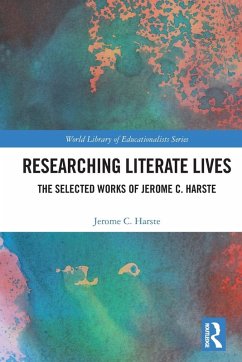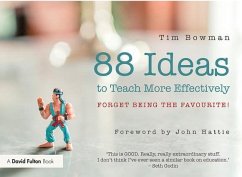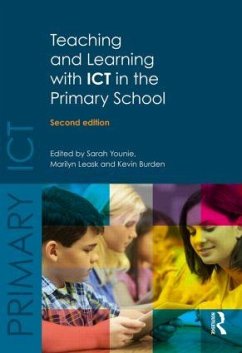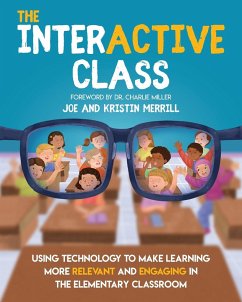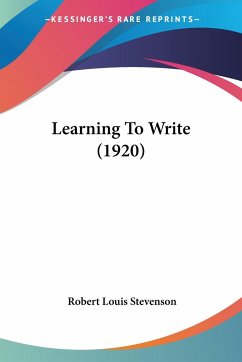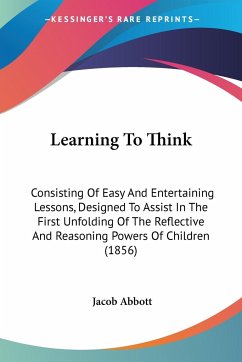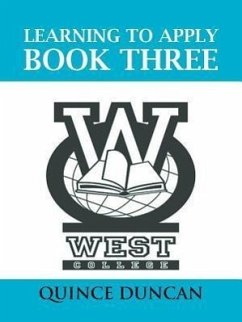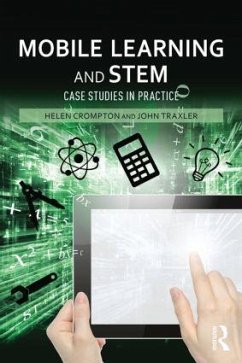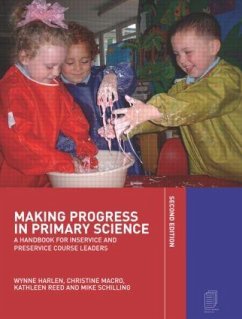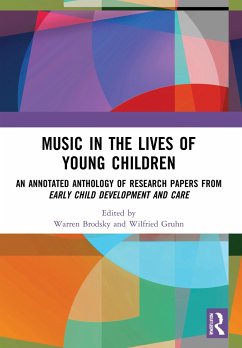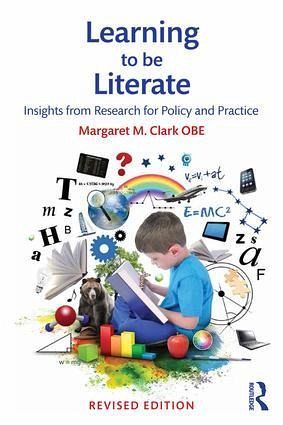
Learning to Be Literate
Insights from Research for Policy and Practice
Versandkostenfrei!
Versandfertig in über 4 Wochen
42,99 €
inkl. MwSt.

PAYBACK Punkte
21 °P sammeln!
Winner of the prestigious UK Literacy Association Academic Book Award for 2015 in its original edition, this revised text uniquely analyses research into literacy from the 1960s through to 2015 with some surprising conclusions. Margaret Clark makes a persuasive argument for the value of research and demonstrates the importance of its rigour in order to make informed decisions about children's literacy development. Accessible and succinct, her writing spans decades and is presented here within five thematic sections, including an insightful focus on how politics has impacted upon literacy polic...
Winner of the prestigious UK Literacy Association Academic Book Award for 2015 in its original edition, this revised text uniquely analyses research into literacy from the 1960s through to 2015 with some surprising conclusions. Margaret Clark makes a persuasive argument for the value of research and demonstrates the importance of its rigour in order to make informed decisions about children's literacy development. Accessible and succinct, her writing spans decades and is presented here within five thematic sections, including an insightful focus on how politics has impacted upon literacy policy and the problems of basing literacy policy on international surveys.



